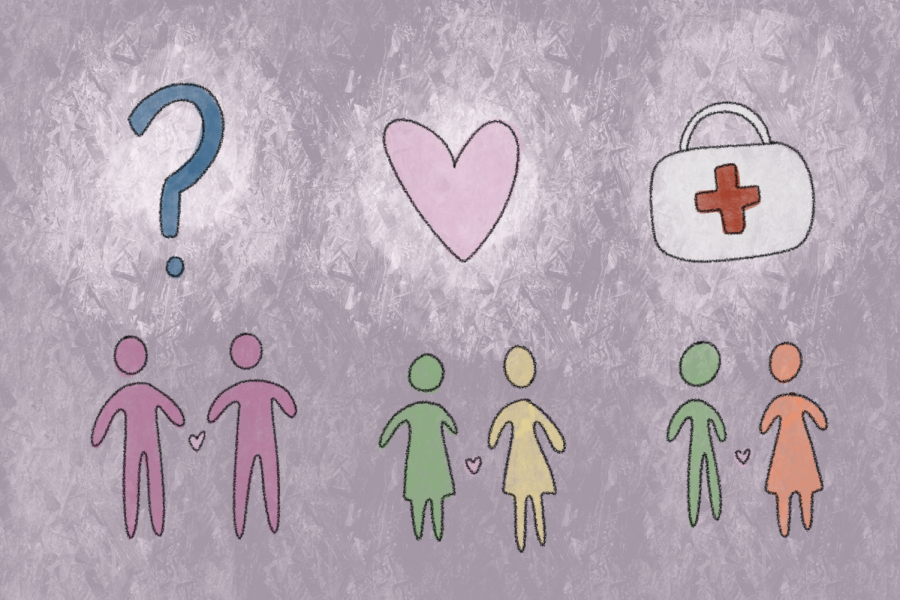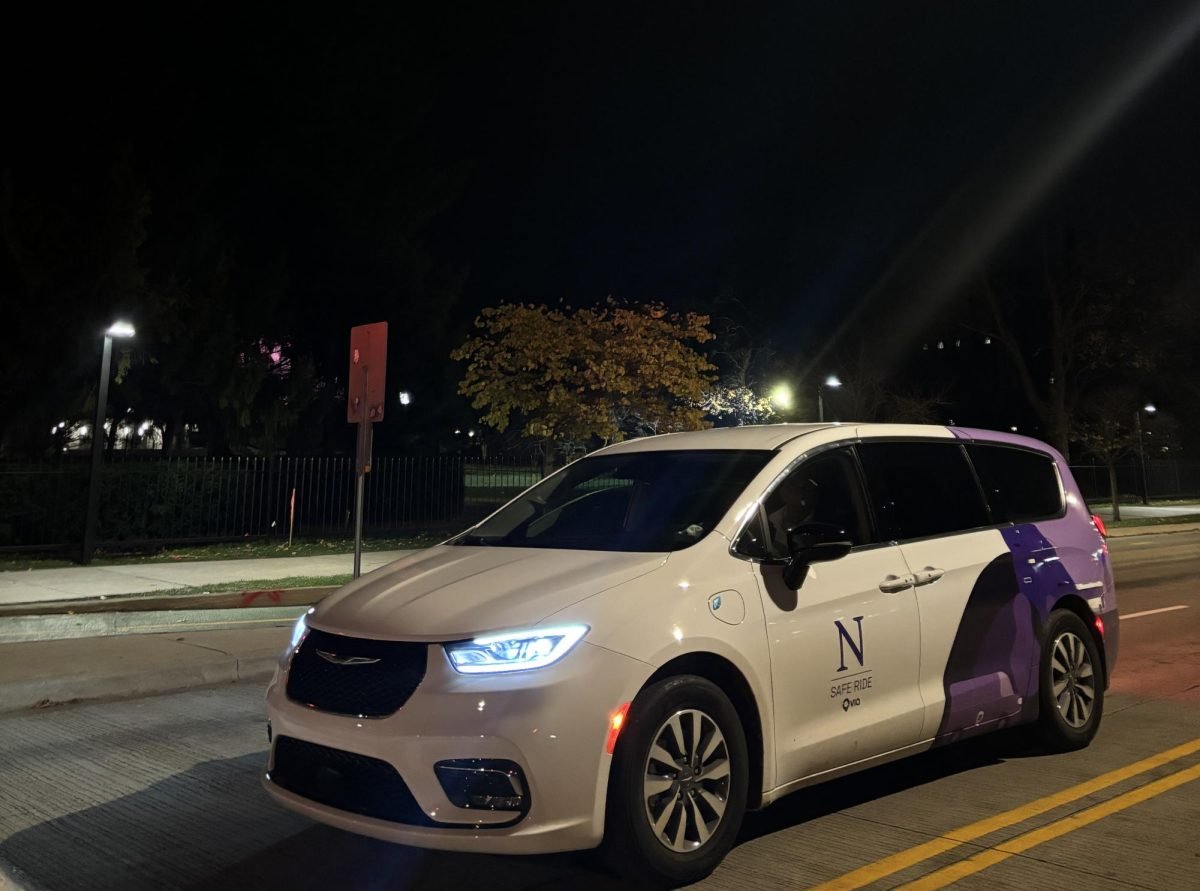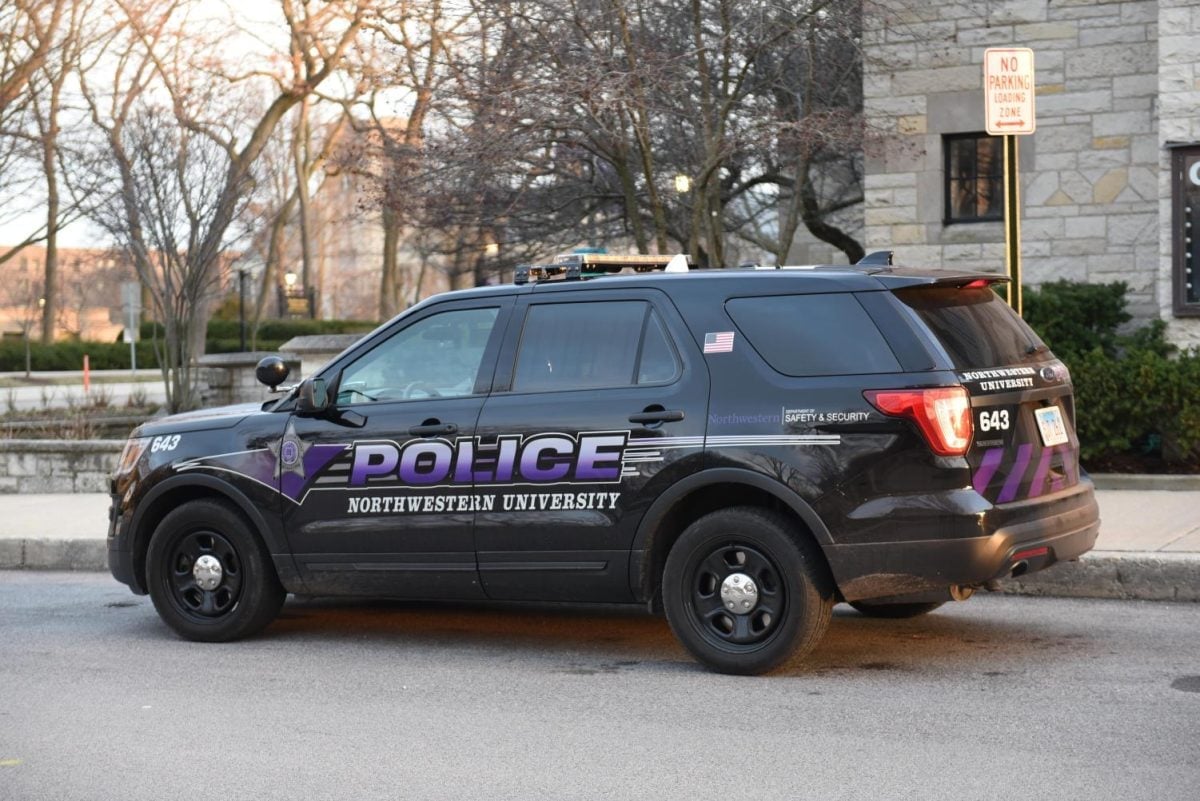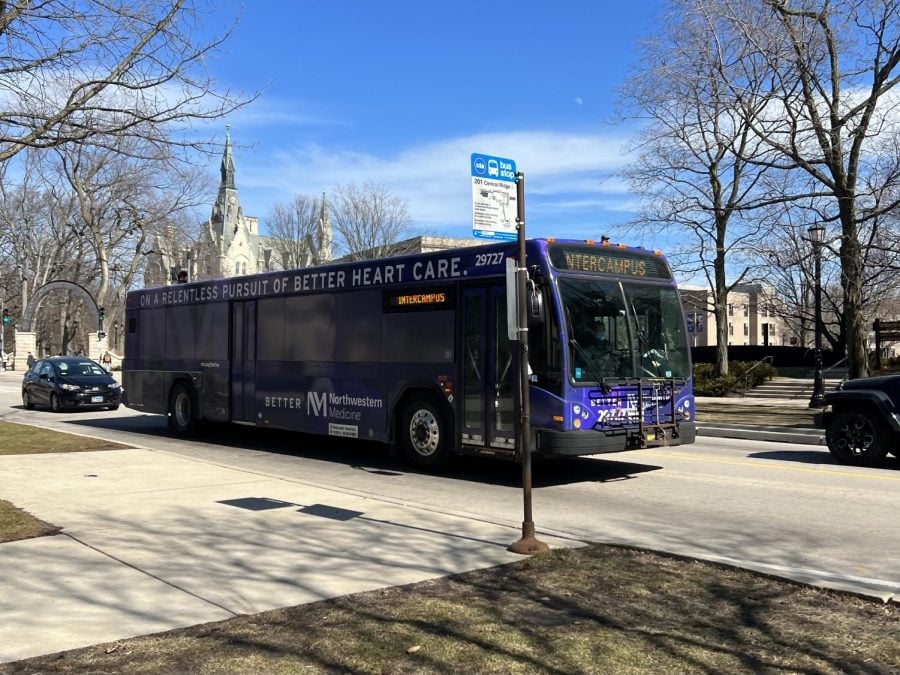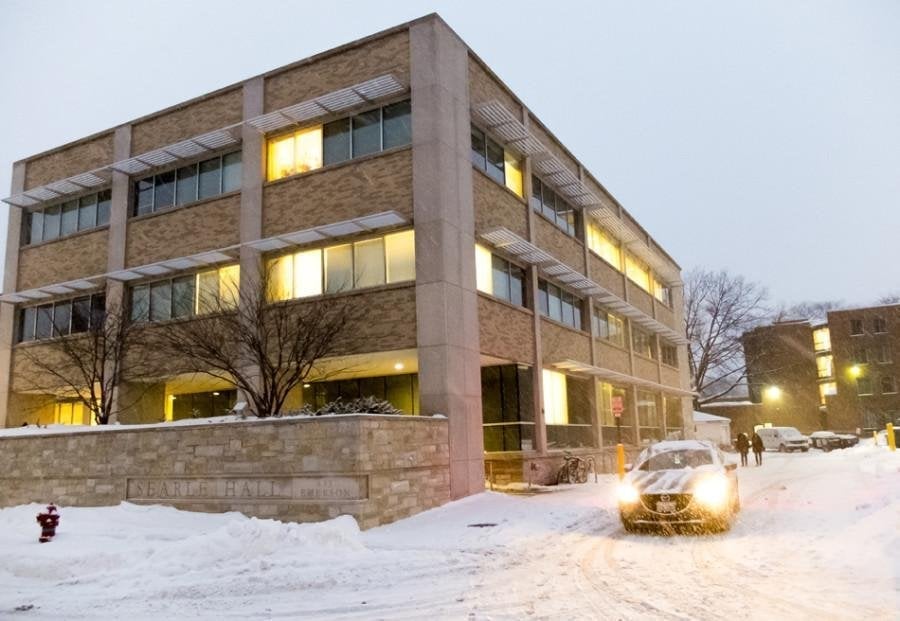Getting to college can be difficult and scary. It can be tough to navigate all of the tasks you are suddenly responsible for, whether that be finding your classroom, feeding yourself or taking care of your sexual health.
But, according to the Health Resources and Sexual Health Administration, the overwhelming majority of college students are sexually active. Many engage in a wide variety of sexually risky behaviors that can have long-lasting impact on health and academic success. So, it’s more important than ever to be smart and proactive about your sexual health.
There are a number of resources available to you to make sure you’re staying healthy and taking care of yourself. The Daily has compiled a list of resources that can help keep you happy and healthy.
Center for Awareness, Response and Education
To start, CARE is available for students impacted by sexual violence, relationship violence or stalking. Their services are also available to friends and partners of survivors, or anyone else with questions about sex. It can be an informal space to process, or a place to connect with an adviser and learn about different options available to survivors. For students who need to talk, CARE can be an excellent resource.
Appointments at CARE can be scheduled online Monday to Friday, from 8:30 a.m. to 5 p.m. The group also has 24 hour services available for those in need outside of those times. CARE’s physical space is located in Searle Hall, 633 Emerson St.
CARE can also connect students with legal and medical advocacy, free counseling and support groups. For people looking to connect with a third party, CARE can be the perfect middleman.
Sexual Health and Assault Peer Educators group
A CARE affiliate, SHAPE is an NU peer group providing education, events and campus dialogue around sexual assault and sexual health. According to NU, SHAPE aims to increase students’ comfort around topics involving and related to sex and sexuality.
You can attend SHAPE’s peer led presentations or workshops, outreach events and frequent collaborations with other student groups. Students are also free to reach out to SHAPE representatives with questions about sexual health or violence.
Students can join SHAPE through an application process during Fall Quarter and are then required to complete a training class.
Northwestern University Health Services
Students can also access STI and HIV testing at NU Health Services, which is also located at Searle Hall. For students on student health insurance, STI testing is free, while cost ranges from $20 to $90 for those with outside insurance. Gynecological services are also available at Searle, when needed. Students are able to make appointments through their online health portals –– the same way you make any other NU health services appointment.
Searle appointments are confidential. Your name and medical information will be recorded, but Health Services employees are the only ones with access to your records. According to Health Services, STI tests are usually returned within a business day. Students can also pick up medication at Searle’s first-floor pharmacy.
Sex Week
NU College Feminists, a feminist and pro-choice organization, hosts a college Sex Week each year to encourage sex positivity and safe, healthy sex practices. NU Sex Week is a collaboration with Sexual Assault Peer Educators, Menstrual Equity Activists and the Women’s Center.
Programming usually includes discussions, workshops and giveaways. This year, organizers screened “The Last Taboo,” a documentary about six people with physical disabilities and their relationships; hosted talks with speakers including anthropology Prof. Noelle Sullivan, who spoke on “how to have mind blowing sex,” and offered a sex toy giveaway.
This year, NU Sex Week took place in early May. Students can expect a similar week during the next Spring Quarter.
Email: [email protected]
Twitter: @avanidkalra
